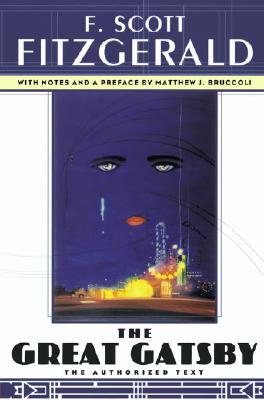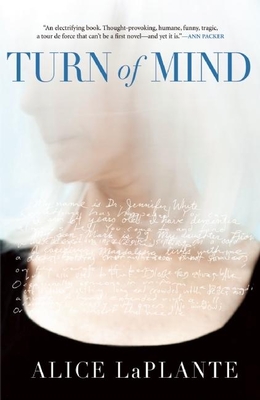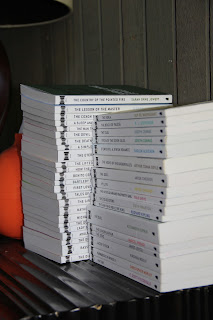_________________________
The Death of Ivan Ilych
by Leo Tolstoy
-born in Russia, 1828
-128 Pages
-more about
Tolstoy (via Goodreads)
__________________________
 Authorial Tidbits:
Authorial Tidbits: (via Melville House)
- Leo Tolstoy was born into the upper levels of the Russian aristocracy (his mother was a princess).
- After a licentious youth, he joined the army and published his first novel (Childhood) while serving in an artillery unit. He eventually quit the military in disgust.
- He traveled throughout Europe but became disillusioned by Western materialism and returned to his family estate, got married, fathered 13 children, and founded a school for young peasants.
- In 1879, Tolstoy underwent a spiritual crisis; his extreme asceticism inspired a widespread, cult-like worship, but also exacerbated tension with his wife.
Synopsis: (via Melville House)

Written eight years after the publication of
Anna Karenina—a time during which, despite the global success of his novels, Leo Tolstoy renounced fiction in favor of religious and philosophical tracts—
The Death of Ivan Ilych represents perhaps the most keenly realized melding of Tolstoy’s spirituality with his artistic skills.
Here in a vibrant new translation, the tale of a judge who slowly comes to understand that his illness is fatal was inspired by Tolstoy’s observation at his local train station of hundreds of shackled prisoners being sent off to Siberia, many for petty crimes. When he learned that the sentencing judge had died, Tolstoy was roused to consider the judge’s thoughts during his final days—a study on the acceptance of mortality only deepened by the death, during its writing, of one of Tolstoy’s own young children.
The final result is a magisterial story, both chilling and beguiling in the fullness of its empathy, its quotidian detail, and the beauty of its prose, and is, as many have claimed it to be, one of the most moving novellas ever written.
My Impressions:
Some books have such an absorbing story that it's impossible to put the book down (
Tales of Belkin) and others' strength lies mostly in beautifully written insight (
Mathilda).
The Death of Ivan Ilych is of the latter sort, and is simply a splendid example of Tolstoy's skill and talent. I really love how he thinks, and I'm supremely envious of his writing talent.
To say Ivan Ilych got married because he'd fallen in love with someone who shared his perspectives on life would be as wrong as saying that he got married because the people of his social circle approved the union. Ivan Ilych got married for both reasons.
The storyline isn't very complicated. It really is, as the description above indicates, "a study on the acceptance of mortality" and thus focuses mainly on the last months of Ivan Ilych's life. You get right inside of Ivan Ilych's head, see his thoughts, and feel his feelings. Ivan Ilych is not a fabulous person, but the experience of his thoughts and feelings is a fabulous experience.
What Ivan Ilych wanted most, though he would have been ashamed to admit it, was for somebody to feel sorry for him as if he were a sick little boy. He wanted to be caressed, kissed, cried over as children are caressed and comforted. He knew that he was an important jurist, that he had a graying beard, and so this was impossible; all the same it was what he wanted.
In this novella, as in
War and Peace, Tolstoy's opening scene sets the stage for the time period and class of people by focusing on a social situation involving peripheral characters. In
War and Peace it took me a while to realize what had happened, but this time I was somewhat prepared. If you consider the first chapter of
The Death of Ivan Ilych to be a prologue of sorts, then you're one step ahead.
There are so many amazing examples of Tolstoy's writing in this novella. If you've been curious about Tolstoy but intimidated by the number of trees that have sacrificed their lives for his major works, then this is a perfect place to get a taste of his writing style. (As far as his storytelling abilities, the next novella,
The Devil, is a fabulous example...read these two and you'll know whether you should dive into War and Peace or Anna Karenina.) These two novellas sold me on him all the more. I love Tolstoy. Love.Him.
Ivan Ilych looks at her, studies her from head to toe, and adds her fairness, her plumpness, and the smoothness of her arms and neck to his charges against her, then adds the luster of her hair and the twinkle in her eyes. He loathes her with all the powers of his heart and at her touch he is smacked by a gush of surging hatred.









































